Finding Peace in The Holy Land
Out of stock
2,450 PKR
Out of stock
CompareAuthor: Lauren Booth
Publisher: Kube Publishing
Pages: 304
Binding: Softcover
ISBN: 978-1-84774-120-2
About the Book: ‘Finding Peace in the Holy Land’ is a perfectly timed memoir told with brisk honesty and sharp humour. Sweeping from the suburbs of North London to the olive groves of Palestine, it explores a life of excess-to-spirituality impacted by the struggle of distant people. Paddling the celebrity shallows of the 1990s as ‘Tony Blair’s sister-in-law’, Lauren Booth explored everything city life had on offer; appearing on reality TV shows and at the opening of a paper bag (if I meant freebies). Yet, as a cautious Christian, she was drawn to the Holy Land too. Given the chance to visit Palestine, instead of finding the faith of her Catholic heritage, she became embroiled in the people’s struggle, accidentally breaking a deadly siege by land and sea, playing handball with Hamas and witnessing daily acts of patience and courage which would change her forever. Above all Finding Peace in the Holy Land is a witty personal odyssey calling the reader to consider the universal question; ‘what’s this life thing all about?’
Reviews: Practising faith is like opening a door and realizing your life so far has been lived in a broom cupboard in the mention of existence. Reality actually lies beyond and underneath the nuts and bolts, the brooms and cloths of the material world.Finding Peace in the Holy Land is a memoir by Lauren Booth, who is probably best well-known as Tony Blair’s sister-in-law. Beginning with her hilarious upbringing, and cycling through her life as an actress, a political activist, and then a journalist and humanitarian, it is ultimately the story of how she came to Islam. Booth has a lovely sense of humour, and her writing is as spontaneous and vivacious as she herself is. Her sharp descriptions of the landscape in Palestine (“a building decorated in the local flavour; bullet holes”) and her narrative flair (“It was excellent advice. Advice I would completely ignore”) were a pleasure to read. The turning point of her narrative is in the holy land, where she comes to terms with her prejudice, her views on women and family, and her assumption that the main story in the holy land is Christianity. This book is a beautiful reminder of how Allah leads people to Islam in different ways. Booth spent a considerable part of her life feeling conflicted about her materialistic lifestyle at home and struggling to advance humanitarian causes abroad. She found herself drawn to Palestine again and again. And it is there, during the month of Ramadan, that the generosity of a Palestinian woman is what finally opens her heart to Islam. A door in my heart felt like it had been opened by these magic words: “I fast in Ramadan to remember the poor.” Yet Um Mohamed was poor herself, catastrophically, appallingly, permanently, desperately poor. . . Of course, now it all made sense. If you recognize there were always those worse off than you, how could you sink into self-pity and endless speculation about work, money, the future? How could you envy when you were blessed? If you cared about your neighbour like yourself, if you were busy with their concerns, it took the edge off your own. What a remarkable system! A welfare state of human empathy, flowing from household to household and all with one purpose: To love and to please God. . . I was in a beautiful daze and then the thought came to me clear as day: “If this is Islam, I want to be Muslim.
“Booth’s writing is raw and honest. She comes face-to-face with her privilege during her travels, but she doesn’t stop there. I really appreciated the way she takes the idea of privilege one step further to extend to her faith and patience. The idea being that, yes, there is suffering in the world, so why should it not also extend to her? Why should she get a free pass? Is she not a human being, like everyone else? She says: For weeks during the trial, I wanted to stay in bed and asked over and over, “why me?” Instead, I forced myself to work, as so many single mums do around the world. What kept me going was the thought that it first seems negative, but proved very powerful: “Why not me?” Why shouldn’t calamities hit my family when they afflicted others? Life wasn’t about building castles in the sky, clinging to material goods thinking that well would keep disasters at bay. A positive outlook, kindness, the giving of love even in the midst of a personal drama, I found these things mattered more. Illness, financial pressures, divorce, and loss where the things of life. All I now had to ask was: how was I going to deal with them? My one tiny gripe with this memoir is that it wasn’t always perfectly linear, and I wish it was because I sometimes found the order of events confusing. Booth often tells the beginning and ending of a story before returning to something that happened in the middle. I found this disorienting, and I had to go back several times to reread a bit, trying to discern the timeline. I recommend this book for anyone who likes memoirs and stories of how people found Islam, as well as anyone interested in stories of strong women, humanitarian work, or the Palestinian occupation. – Jessica – Muslim Reads
“Finding Peace in the Holy Land, A British Muslim Memoir” is more than a story of religious conversion, it is a compelling history of finding reality and the meaning of life through pain and suffering. And the pain and suffering were not Lauren Booth’s alone, either as a child or as an adult facing the vicissitudes of divorce. The author saw it in others through trips to the Middle East. Strongly affected by the misery of Palestine and its people, yet impressed by their steadfastness in the face of unbelievable poverty and political pressure, she felt drawn to them in a way few have. The author knows her subject. Writing for a variety of British newspapers, PressTV, and other similar organizations, Lauren Booth filed hard-hitting stories from and about the region, including hard-to-get interviews with local and prominent national figures. She presented programs on BBC Radio (London) and on other broadcasting services. Demonstrating her skills as a journalist, Lauren Booth makes this book easy to read, informative, and educational. It provides a very personal but analytical way of looking at Arabs and Islam. The work also demonstrates the different viewpoints between East and West as well as Europe’s pre-conceived and rather prejudicial notions about Arabs and Muslims. An additional advantage is that the author sprinkles on-point, very apt quotes from the Holy Qur’an throughout the book. I met Lauren Booth in Mashhad, Iran during a conference on Palestine. She is as impressive in person as in these pages. On stage as a public speaker, Lauren Booth is a commanding presence, with a moving and powerful message. She demonstrates that in this work. A high school teacher, George Schemel, S.J., once told our class that “a book is a machine to think with”. “Finding Peace in the Holy Land” proves he was right. – J. Springmann
Based on 1 review
Add a review Cancel reply
| Weight | 0.45 kg |
|---|---|
| Dimensions | 14 x 22 x 2 cm |
Related products
-
Ramadan, Easy Quran Translations, Ramadan Offer, Eid Offer, Arabic / English, For New Muslims, For Youth
Al-Qur’an – Muhammad Farooq-e-Azam Malik
-10%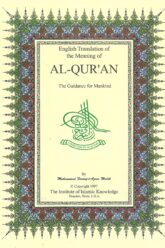 Ramadan, Easy Quran Translations, Ramadan Offer, Eid Offer, Arabic / English, For New Muslims, For Youth
Ramadan, Easy Quran Translations, Ramadan Offer, Eid Offer, Arabic / English, For New Muslims, For YouthAl-Qur’an – Muhammad Farooq-e-Azam Malik
Rated 5.00 out of 5(11)SKU: 1039
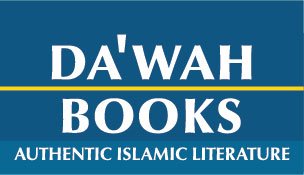

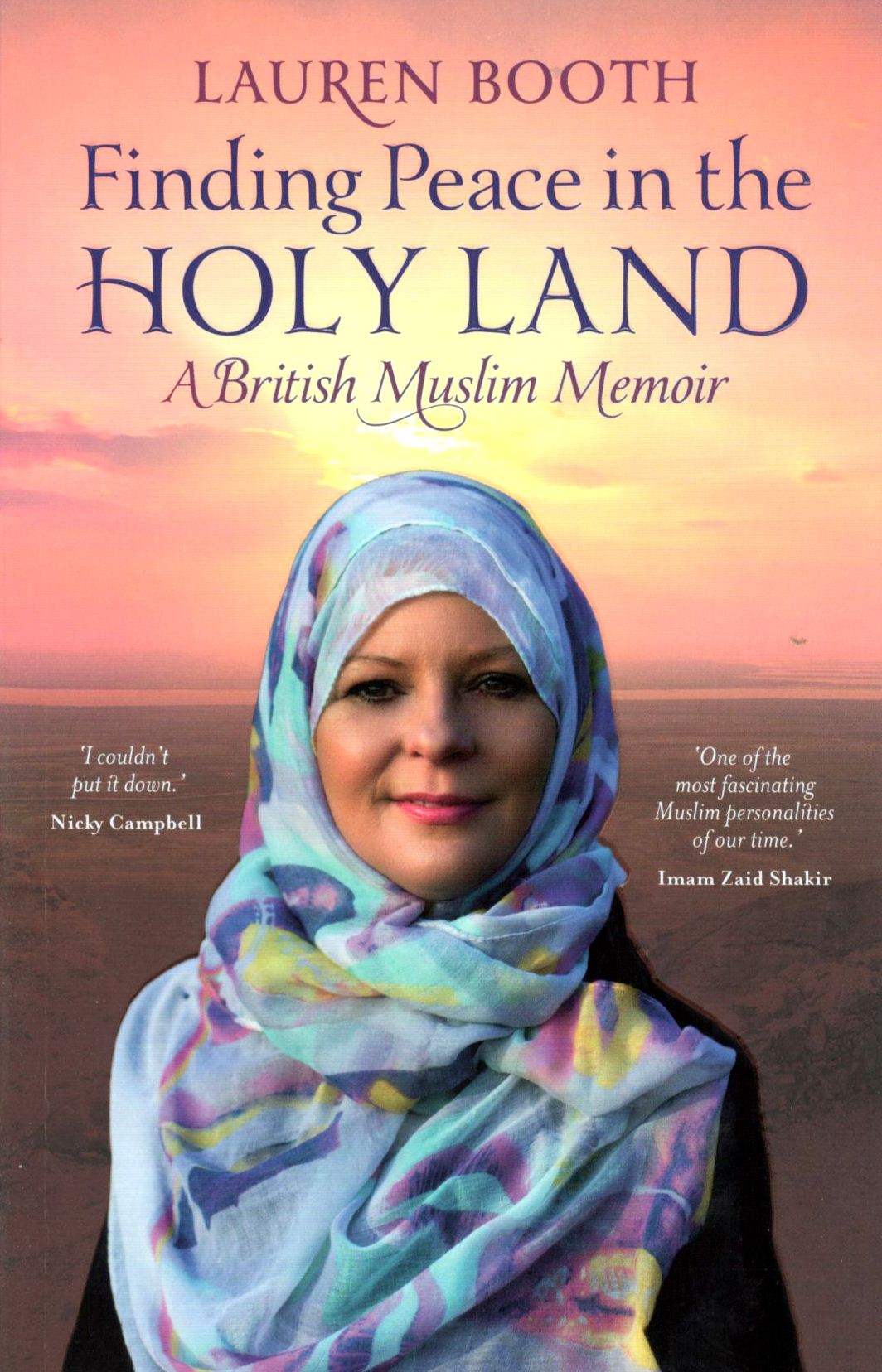
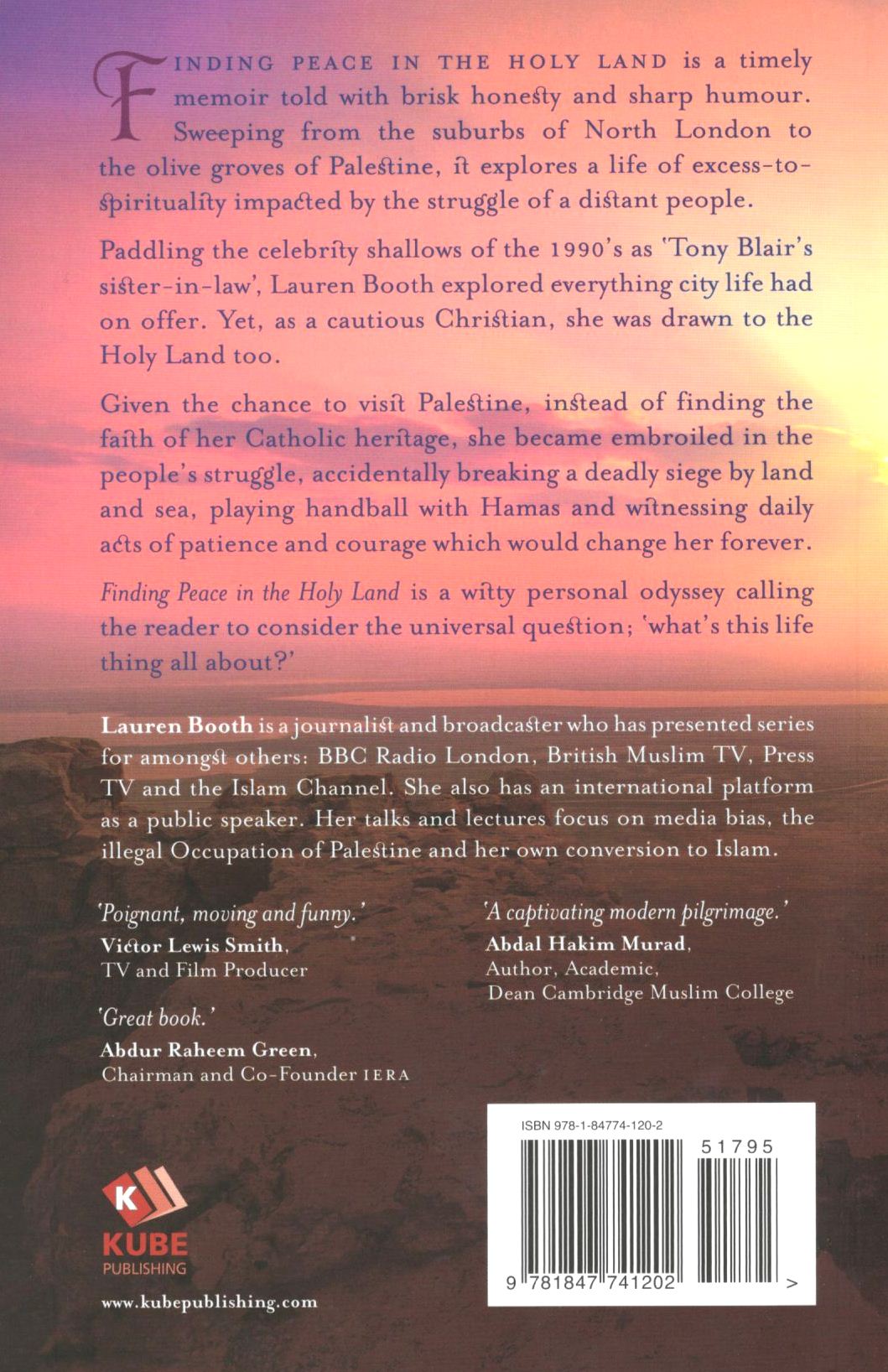
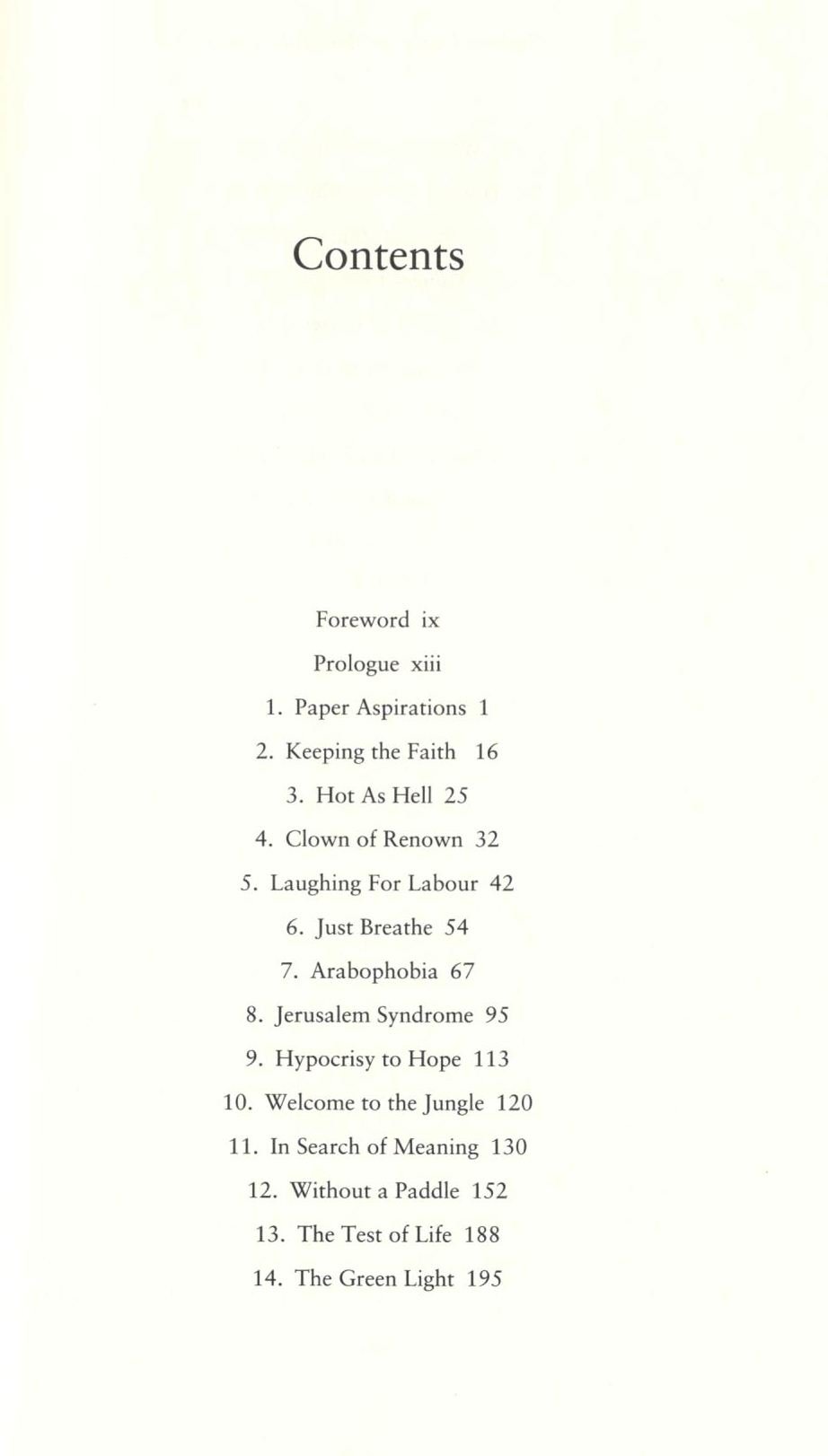
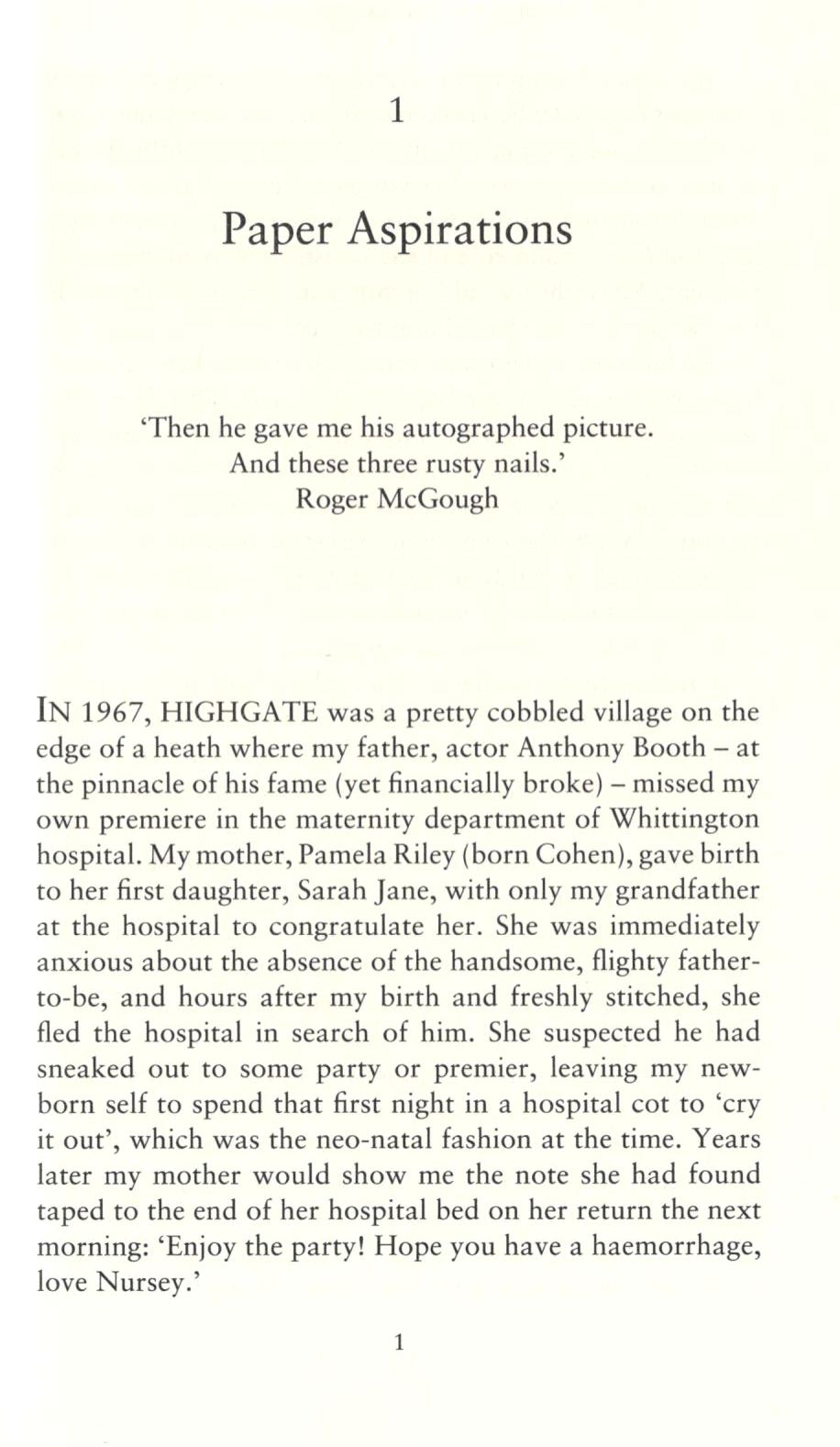
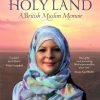
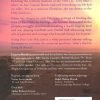
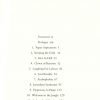
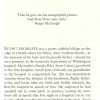
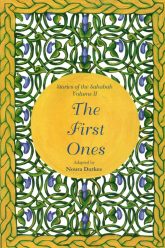
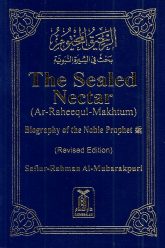
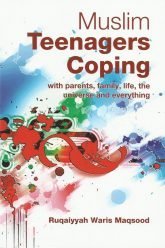
Hina Sami (verified owner) –
Lauren is not afraid to write and that really shows in her book. Brutally honest at times, she is able to present in her words, the two worlds she has had a chance to experience – a comfortable British life versus the bitter reality of Gaza. Her human connections in Gaza make this book so much more than her story. It is a story of a resilient people and what it truly means to have trust in Allah; a story of how Allah guides those who truly seek it.
A compelling writer who will literally make you laugh and cry, all in one book. She is to be appreciated for the cause that she has taken up and for the price she has had to pay for it.
Hina Sami –
Aliya Khan –
Jazakillah Khair for taking the time to review this book. It will help others in making an informed decision.
Aliya Khan –